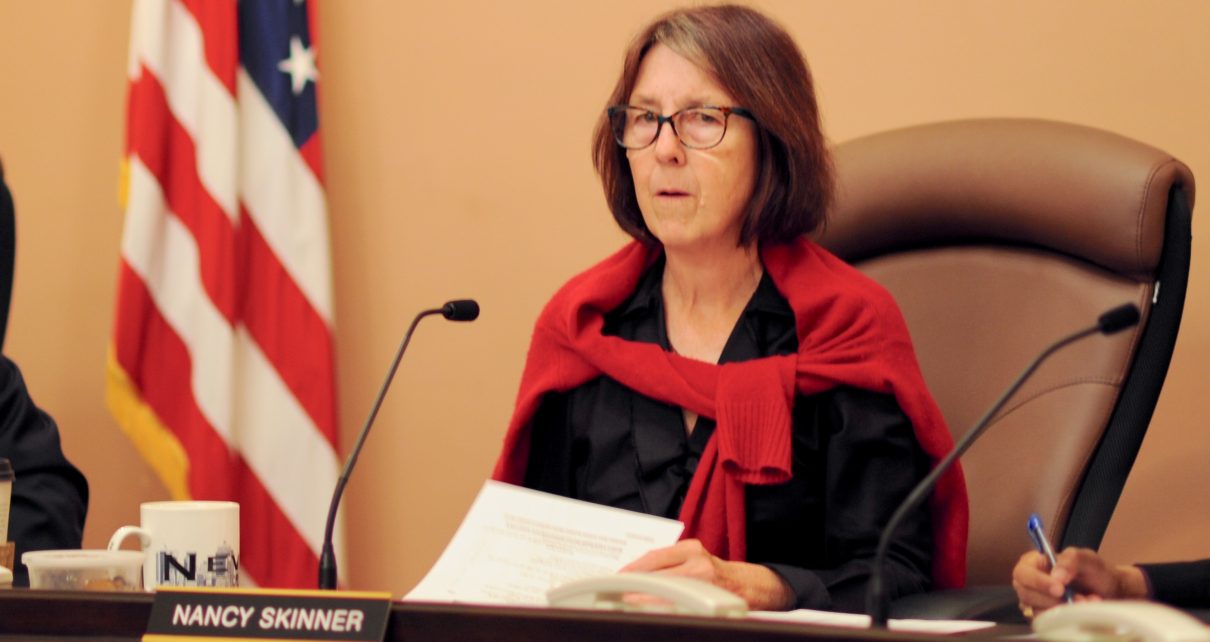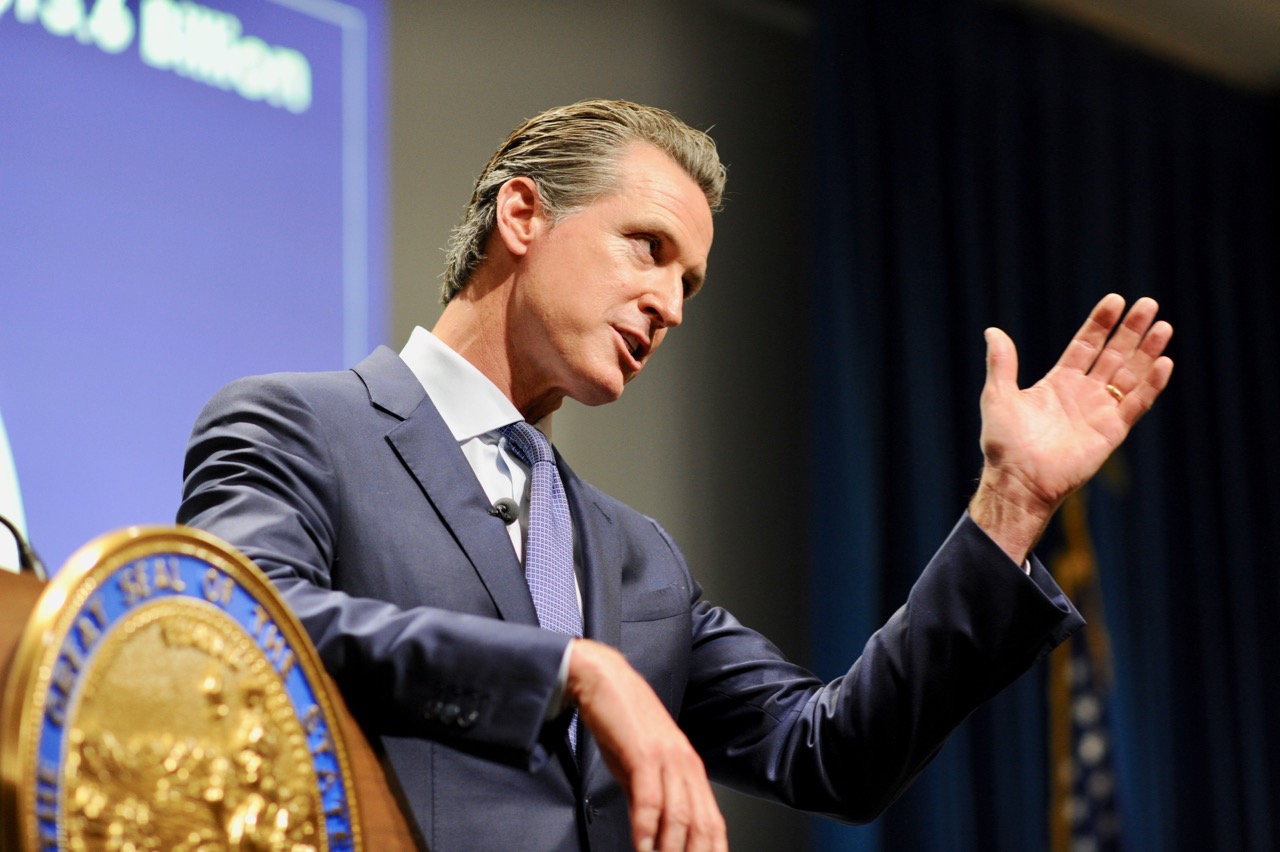
Senator Nancy Skinner. (Photo: Kevin Sanders for California Globe)
California Businesses Could Face Higher Taxes Based on Gap Between Highest and Lowest Wages
SB 37 passes crucial Senate committee vote, will move on to full Senate vote
By Evan Symon, January 15, 2020 5:12 pm
About 2,000 of the largest companies that conduct business in California might be paying significantly higher taxes starting next year if SB 37 is passed by the end of January.
Wage gap based corporate taxation
The bill would tax companies based on what the gap is between the highest and lowest paid employees. Only companies that made $10 million or more in taxable income would be affected. Corporations face a tax increase from 10.84% to as much as 14.84%, while financial institutions are looking at a possible increase from 12.82% to 16.84%. The increases would bring in an estimated $4.1 billion a year.
Companies that outsource at the expense of American jobs will face the most severe penalty as SB 37 would increase the tax rate by 50% if the company decreases the number of full-time employees in the United States while increasing the number of full-time overseas workers.
4-2 passage in committee
The bills author, Senator Nancy Skinner (D-Berkeley), wrote the bill to nudge companies to start paying workers, most notably those making the least amount of money and facing financial struggles, a higher wage.
“Excellent! My income inequality bill SB 37 won approval today on a 4-2 vote from the Senate Governance and Finance Committee!,”exclaimed Senator Skinner over social media on Wednesday. “It’s designed to incentivize big corporations to start paying workers a fair wage.”
“California’s taxpayers are basically paying the cost for the services that employees then turn to because they don’t have a wage that can provide their families needs,” added Senator Skinner.
Several companies and descendants of company founders testified, including Abigail Disney of the Disney family. Disney, who has advocated for Disney workers who have faced financial hardships due to low wages, gave a firsthand look into the problem low-wage workers face to members of the committee.
“At the happiest place on Earth, they are paid so poorly that they rely on food banks, sleep in cars or live so close to the bone that even a small problem could send them into a death spiral,” stated Disney in front of the Committee on Wednesday.
Questions over state wage gaps and where the money would go
While the bill has been supported by workers groups, some companies, and many Democratic lawmakers, it has largely been denounced or questioned by many industries who want to know where the tax money would go.

Senator John Moorlach (R-Costa Mesa) likened the situation to state-run colleges paying coaches more than most college staff and nothing being done by the state, while some company executives asked if the money would go to help affected workers with housing and food concerns.
“Even Republicans agree that there is a huge gap there,” said San Diego County financial adviser Rafael Luna. “But a lot of people want to know what that extra money will be used for, or if the state will abide by those very rules it’s setting down.”
“They didn’t answer them Wednesday, so we’ll be hearing it in the next couple of weeks.”
After passing 4-2 in committee, SB 37 now faces a vote in the Senate, which will need to approve it by the end of the month to keep the bill alive. If passed, California would be the first state to apply this on the state level. Individual cities, such as Portland, Oregon, have previously passed wage-gap based higher tax laws.





Another kick in the rear to businesses in California but I’ll bet the mega rich tech companies will have their tax lawyers find loopholes leaving the burden to fall on smaller businesses. Time to invest in board-up and inventory auctioning companies in California.
you have to smoke a lot of weed to come up with crackpot ideas like that
So #CaCalifornia didn’t learn their lesson with AB5
More companies and more jobs heading out of state. Who is going to pay for all the free needles?